A life inspired by the purity of minimalism - in addition to the obvious well-being of the soul – also has an impact on our only home - the planet. Minimalism is the fundamental direction for a society so overwhelmed with consumption where we want everything immediately and we want a lot of it.
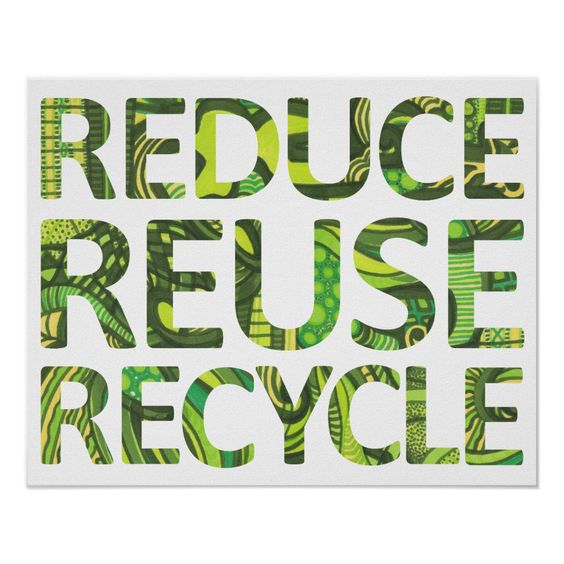
The culture of single-use and cheap, but low-quality products is “guilty” of a lot more than it may seem. While a T-shirt in the tempting sale may cost only 5 Euro, a countless number of resources such as material, thousands of litres of water, energy, labour, transportation and packaging have gone into it. Fast fashion chains are one of the biggest polluters on the planet. The fashion industry is responsible for about 10% of global carbon growth, and produces 5 times more CO2 than the aerospace industry. However, carbon emissions are by no means the only environmental threat in industry. Excessive water and the use of pesticides and other toxic chemicals such as fabric dyes that damage soil, biodiversity and water resources for local communities are needed to grow the required raw materials. While around 80 billion new garments are produced worldwide each year, currently 80 percent of all garments produced end up in incinerators.
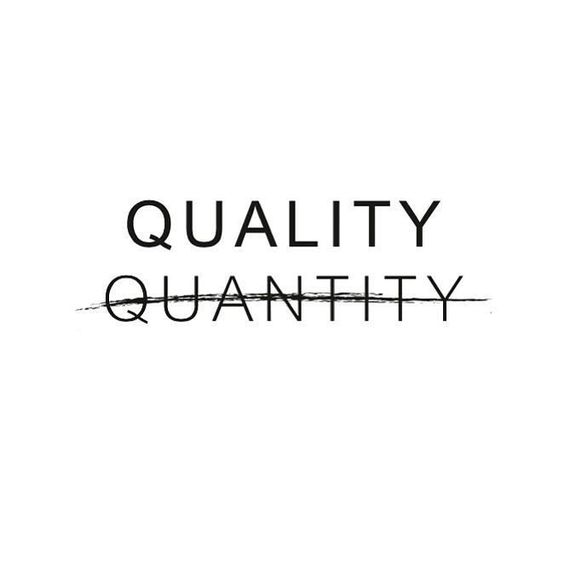
Fortunately, everything has an opposite, and a wave of slow fashion brands was created. Brands that prioritize quality over quantity. Timelessness over the temporary trend. And durability above all. Slow fashion appreciates every aspect of the product, we know the history of the brand and the manufacturers themselves. It is an art form that takes care of every single detail. And it is also a form of "uniqueness", because handmade dresses or jewellery are unique and rare, and often one of a kind. Yes, the monetary price for the goods we buy is higher, but making a conscious purchase is actually cheaper in the long run: when we eat healthier, we enjoy a healthier life, and when we shop better, we don't have to buy so much.

Slow fashion brands produce their products locally - something which allows control over the supply chain process, and working conditions. The mass aspect is notable by its absence, and handmade production infuses value into every detail of a lovingly crafted product.



When you shop locally, you put your money back into the hands of creators in your community. This gives small businesses and local artists the strength to grow, instead of supporting the vicious circle of great fashion magnates. In addition, local sales support is very transparent - you know where and from who your product comes from. And given the current situation in the world, it is precisely small local businesses that have been affected incomparably more than large fashion chains.
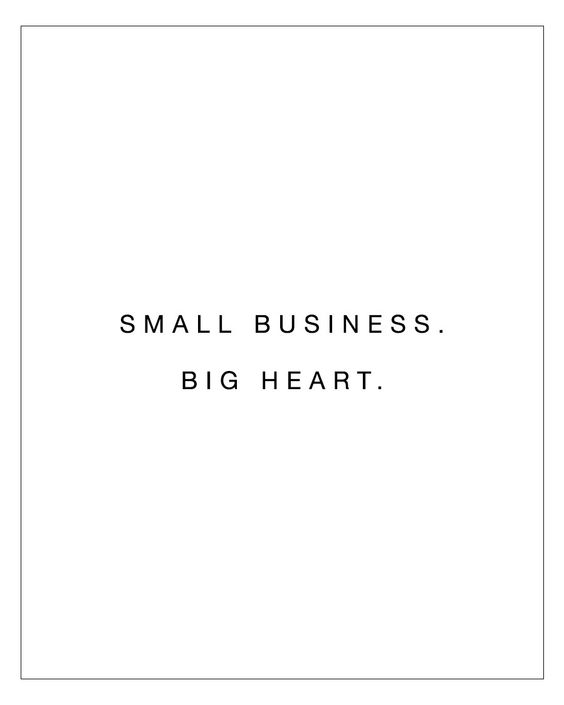
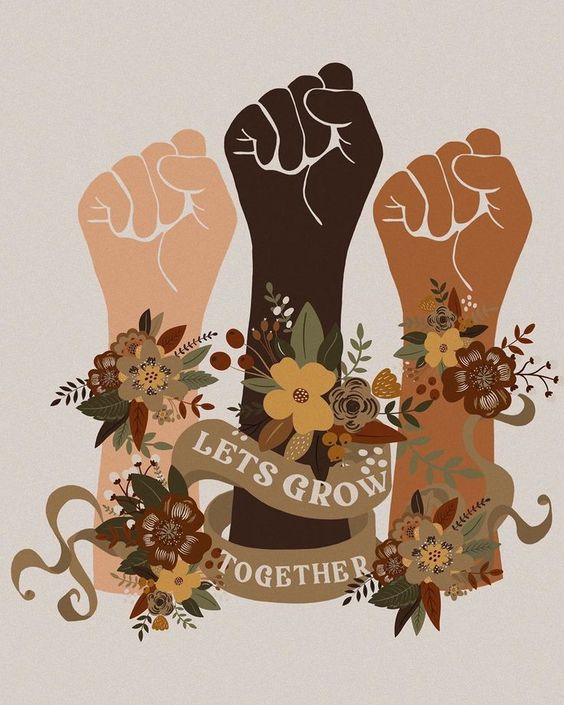
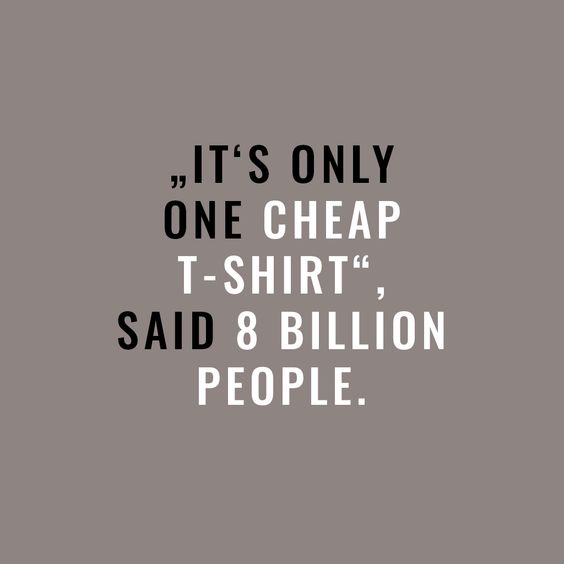
Welcome spring. Welcome new beginnings. Feel the warm spring sun on your skin. Inhale the fragrant flowers that begin to bloom. Become inspired by the new life that is starting to grow around. Plant the seeds of everything you want to harvest. Welcome the changes that spring brings - in nature and in your own life. Treat yourself to a great spring cleaning of your wardrobe and mind – something which can take you in a new, more conscious direction of operation. Spring is here, and it's up to you how you want to spend the upcoming longer days and shorter nights. Remember that the spring rebirth is filled with the desire to start again. Don't waste it.
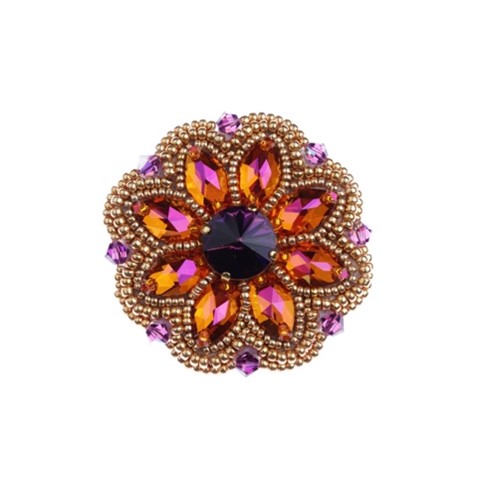

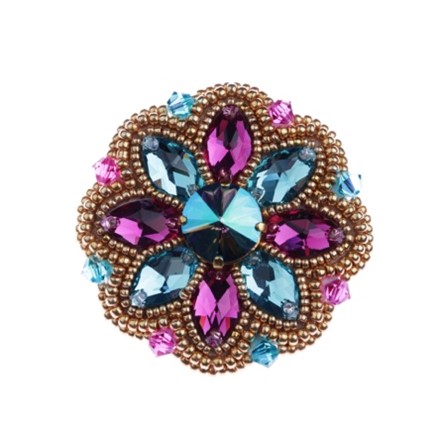
Your SKVOST


